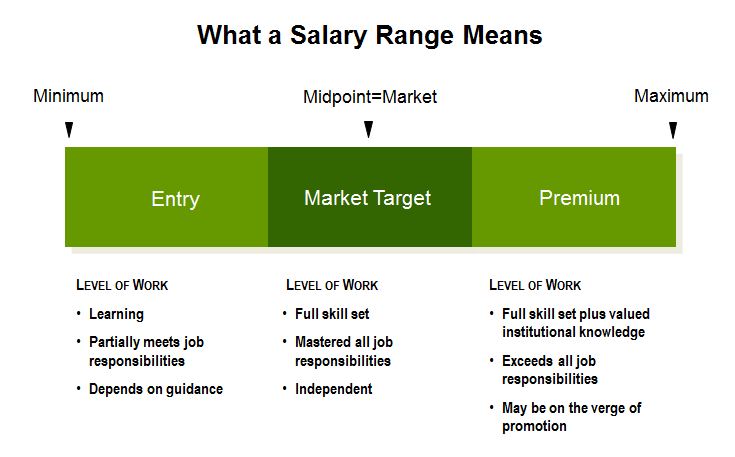“What is your salary expectation?”
You won’t miss the question above in a job interview. To be being honest, it’s quite a simple question to answer. Even before you set out for job hunting quest, you already have an ideal salary range in mind. This salary range can efficiently provide our needs, utilities, as well as our leisure. However, this question can be difficult to answer before your future employer. This is where things become complicated as you don’t want to sound too “pushy” and demanding when answering the question.
Sometimes, people feel tempted to decrease the salary range in order to sound “affordable” and competitive. While this may be good sometimes, you don’t need to devalue your worth if you know how in-demand your skills are. Your future employer might think you don’t have enough capacity and skills if you stoop too low.
How should you present the value of your skills, abilities, and expertise? How do you recognize your self-worth? Here are some tips on how to negotiate your salary efficiently.
“There’s no way I can justify my salary level, but I’m learning to live with it.” Drew Carey
 Understand The Job Market’s Demand
Advertisements
Understand The Job Market’s Demand
Advertisements
 Before you start seeking a new job, you need to understand the job market’s demand. This will give you a general idea of how much your job is needed in the market. Let’s say for example you are a video editor. Video editing is in high demand in today’s world especially since most online businesses are now using the leverage of video marketing to promote their products and business.
Before you start seeking a new job, you need to understand the job market’s demand. This will give you a general idea of how much your job is needed in the market. Let’s say for example you are a video editor. Video editing is in high demand in today’s world especially since most online businesses are now using the leverage of video marketing to promote their products and business.
This will give you an ideal range for your salary expectations. You can also research the usual payment that most businesses give to their employees. Aside from this, you also need to consider your geographical location and experience. These can vary depending on the demand and wage and living standards based on where you’re living. A job website called Glassdoor can help you gauge your ideal salary.
 Should You Reveal Your Salary Expectation in your Cover Letter or Not?
Should You Reveal Your Salary Expectation in your Cover Letter or Not?
This question bugs many job hunters as they struggle to write their cover letters. Well, to ease your worries, we will tell you this: do not reveal your salary expectation in your cover letter. However, if the job post ad requires you to write your salary expectation, then you may proceed to the next tip.
Revealing your salary expectation upfront is a big risk for you. If you put a lower cost, you lose. If you put a relatively higher salary, you also lose. And sometimes it might cost your chance of having an interview!
 Dodge the Question and Show Your Expertise
Dodge the Question and Show Your Expertise
Instead of putting your salary expectation, we recommend you write all the skills, abilities, work experience you’ve undergone in your cover letter. It’s your time to impress your future employer, so demonstrate your worth to them. Explain to them why you are an asset to them. You can reply along the lines of “Salary is only one of the factors I consider paramount in weighing a job offer. I am delighted to discuss it once I am as determined a strong candidate for the position.”
 Or You Can State a Salary Range Suited for the Company’s Preference
Or You Can State a Salary Range Suited for the Company’s Preference
 When you’ve already done your job market research, you already have an ideal salary range in your mind. The next thing you should do is to hunt a suitable company that offers your ideal salary range. In this case, you can easily state your salary range on your cover letter.
When you’ve already done your job market research, you already have an ideal salary range in your mind. The next thing you should do is to hunt a suitable company that offers your ideal salary range. In this case, you can easily state your salary range on your cover letter.
However, do this in a polite manner. Tell them why you deserve that kind of salary. Explain how your skills, abilities, and work experience have gained you the expertise needed to do the job they’re going to assign you.
 Or You can Go Slightly Higher than The Usual Salary Range
Advertisements
Or You can Go Slightly Higher than The Usual Salary Range
Advertisements
It may seem counter-intuitive, but sometimes charging yourself higher than the average range works effectively. This is because your employer will most likely negotiate with you to lower down your salary expectation. Your employer will most likely settle within the normal salary range. In this case, you’re not really losing anything since you’re targeting the usual salary range. But the reverse psychology behind this is that employers feel like they’re bargaining a great deal if they negotiate from your original offer.




